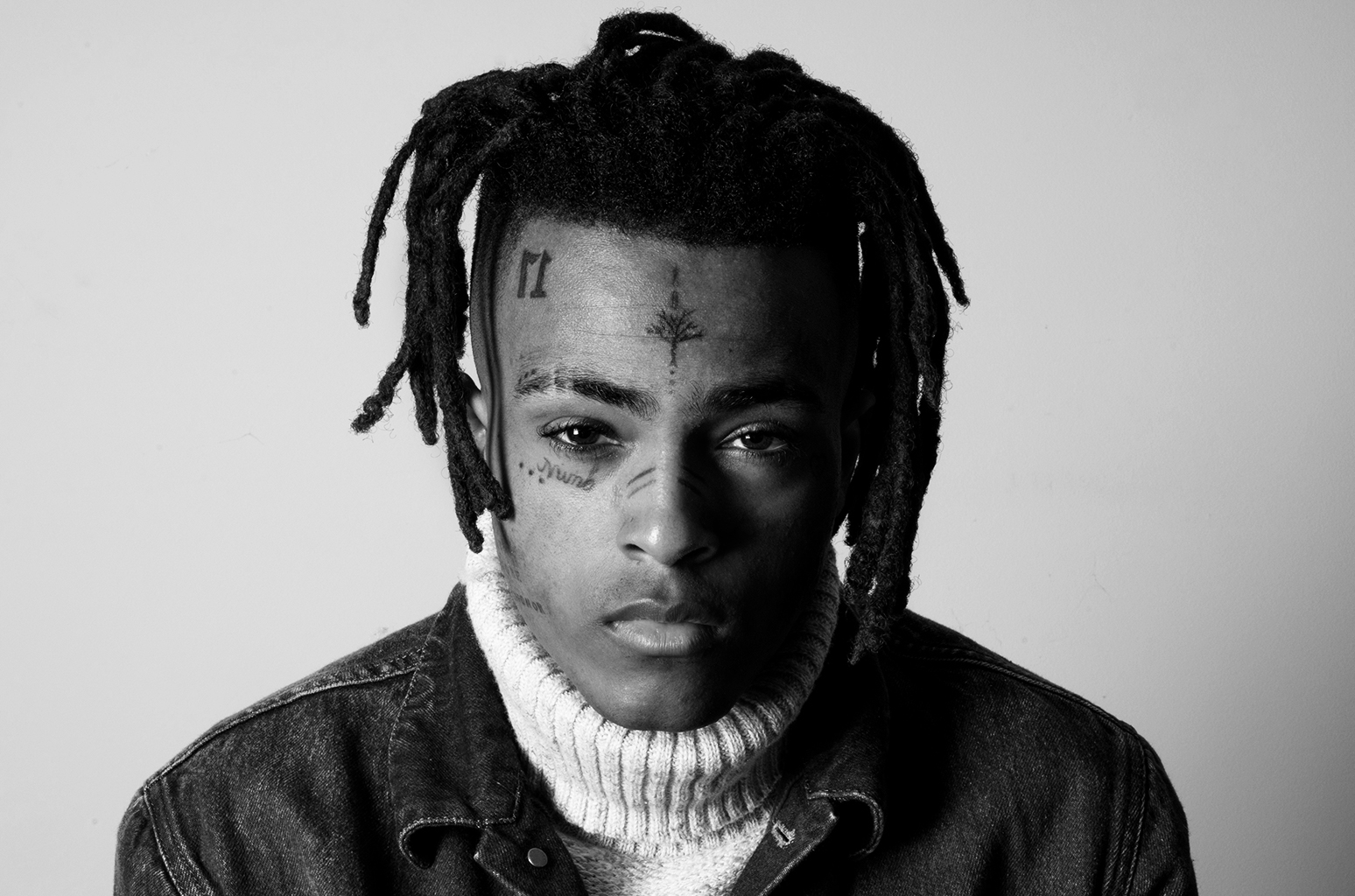As many hip hop fans know, today, the rapper XXXTentacion was shot and killed. Born Jahseh Onfroy, “XXX” was only 20 years old. XXX was a polarizing figure for the public- a promising artist with undeniable creativity and a depth of thought uncharacteristic of his youth, his adult life and short career were besmirched by violent confrontations and feuds with other rappers , the worst of which involved the battery of his pregnant girlfriend.

Fans of hip-hop were left with a difficult question- can one separate the artist from his actions? As XXX himself acknowledged, he was mentally troubled, and had a long history of violent actions even as a small child. Discussion of his musical projects invariably led to questions about his character, as if supporting his music implicitly condoned his actions.

Though nobody can or should defend the atrocious crimes he committed, I believe his music was influential for many people. In a time where many rappers quite literally make noises to a catchy beat, XXXTentacion opened up about his problems like no other artist in mainstream hip-hop. Many argue that XXX was a bad person, no matter his influence or his later actions- some going so far as to say that he deserved to be shot. While I respect the opinions of those who cannot ignore his reputation, I think that it’s a dangerous form of moral absolutism to disregard these positive influences of XXX’s career.
Why does this matter? Moral absolutism is a plague to American democracy currently. Americans see political issues more and more as issues of “right” and “wrong” without fully informing themselves of the other side’s arguments. Furthermore, evaluating political opinions with moral perspectives invariably leads to growing mutual antagonism- that the other side is “bad” because of what they believe. It’s hard for religious conservatives to look at liberal viewpoints on abortion that advocate killing a living being while on the other side, liberals look at conservatives with similar distaste for not respecting women’s health. Of course, the reality is far more complicated and involved than just one or the other- but myopic political rhetoric and deeply-entrenched partisanship often boils important issues down to such extremes. While it’s impossible to fully separate values from ideology, it’s vital to maintain a perspective that doesn’t look at a glass that’s half-full and believe it’s completely empty.
Moral absolutism extends beyond the political arena. In essence, moral absolutism is any belief that establishes an inherent and irreconcilable dichotomy between “right” and “wrong”. You can probably think of situations that, at face value, we think of as “right” and “wrong”. If you’re religious, for example, donating money to your church, mosque, or temple might be “right”. But can it really be “right” to donate to an organization that abuses children or embezzles that money to fund luxury cars? The answer is obviously no, yet people still donate because they trust their local organizations and because they appreciate the positive service to the community they can provide. No decision fully satisfies what can be considered a moral equilibrium. It’s important to remember that in the real world, few problems boil down to “right” and “wrong” as simply as people may like to present them. The gangs responsible for inner-city Chicago’s sky-high crime rate are probably a product of our collective failure to create socioeconomic standards for people in those areas, while climate change regulations could be devastating to communities subsisting off of the fossil fuel industry. The fundamental issue with believing in moral absolutes is that they are intrinsically subjective, varying among individuals based on their values and upbringing. Thus, holding an absolutist perspective prevents meaningful discourse and a better assessment of truth- that in reality, we all have personal opinions and actions that, by themselves, don’t define us. In all likelihood, none of this is news to most people- we know that our opinions are biased and our views often unjustly incorrigible, a product of circumstance rather than inherent truth whether we choose to admit it or not. Yet in interacting with others, especially those who disagree, this basic humility can be lost upon us.

Which brings me back to XXX. What XXX’s legacy means has no tangible correlation to most societal problems, but perhaps characterizing it allows us a chance to consider the good he did even through the irrefutable misdeeds he caused. Nobody will ever say XXXTentacion was a beacon of righteousness or even someone they’d want to be around. Nobody should forget his crimes and their impact on the victims. But through it all, his positive influences should be acknowledged. In a time where mental health is a growing issue in our society, XXX gained many fans from his openness and positivity despite his wrongs. Whether for publicity or sheer generosity, he tried to atone for his actions through acts of charity, notable given that not many celebrities in hip-hop or otherwise attempt to do the same with crimes of their own to their name. In his songs, he regretted his actions and shared his thoughts, while encouraging listeners to follow better paths- to seek help, love one another, and believe in themselves. He did the same at his concerts, encouraging crowds to have confidence in their worth. That aspect of his legacy is important to recognize. Eventually, it doesn’t matter if his music and his maturing persona compensated for the crimes he committed- in all probability, they did not and never would. What matters is that he tried to make an original, positive mark on music, an effort that merits commendation independent of everything else.